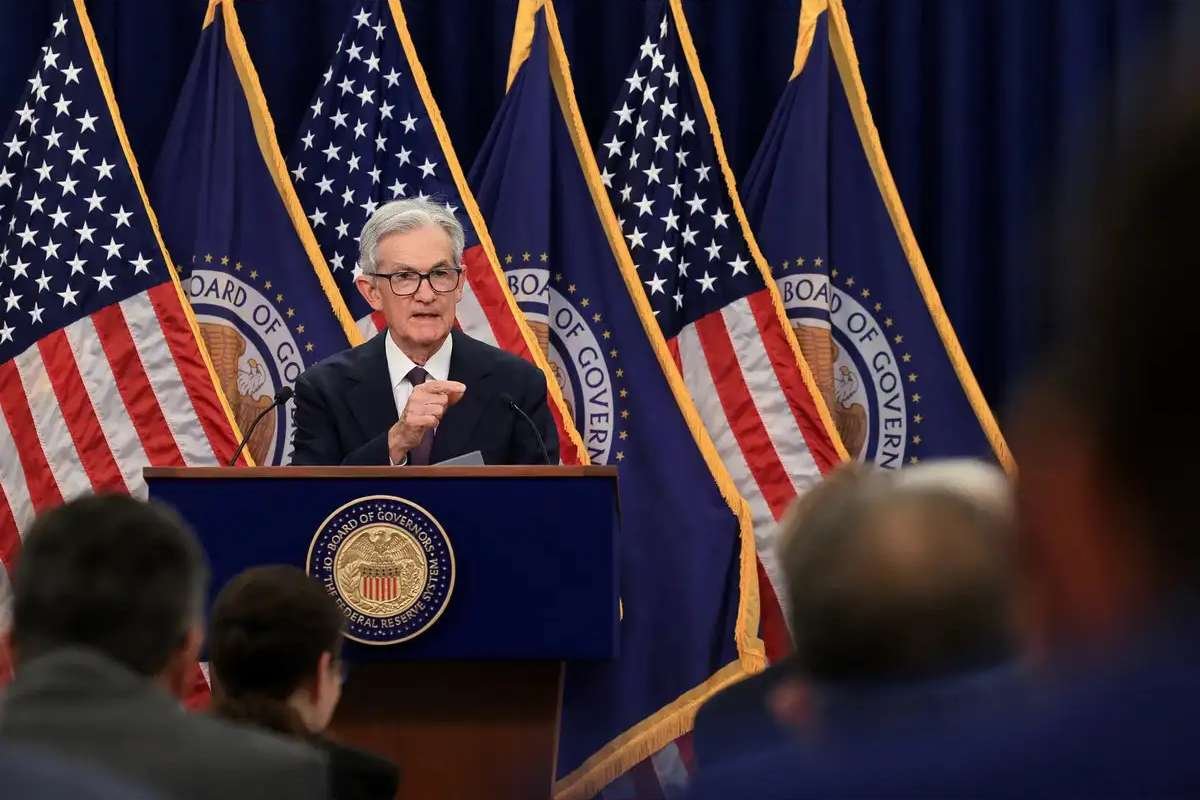State Prepares to Counter Federal Policy Change
California Governor Gavin Newsom announced a proactive measure to support electric vehicle (EV) buyers, potentially stepping in to reinstate state-level rebates if the federal government eliminates the $7,500 EV tax credit. Newsom’s statement comes amid concerns that President-elect Donald Trump may dismantle the federal incentive, a move that could affect the EV industry’s growth nationwide.
“If the Trump Administration eliminates the federal tax credit, we will intervene, doubling down on our commitment to clean air and green jobs,” Gavin Newsom said. He emphasized California’s dedication to affordable clean transportation and pledged to fund the rebates through the state’s Greenhouse Gas Reduction Fund, which is fueled by cap-and-trade revenue from greenhouse gas polluters.
This move highlights California’s long-standing role as a leader in environmental initiatives and green technology adoption. Newsom’s plan aims to sustain momentum in transitioning to zero-emission vehicles, a critical component of the state’s climate goals.
Market-Share Limits May Exclude Tesla
While the proposal could reinvigorate the state’s EV rebate program, Tesla, the dominant player in the California EV market, might not benefit. Gavin Newsom’s office confirmed the potential for a market-share cap, a mechanism designed to limit eligibility based on a company’s share of total EV sales. This restriction would aim to promote competition and foster innovation among smaller automakers.
Tesla accounted for 55% of new EV registrations in California during the first three quarters of 2024, far surpassing competitors like Hyundai and BMW, which held 5.6% and 5% market shares, respectively. Despite its leading position, Tesla’s share has declined from 64% the previous year, reflecting a shift in the state’s growing EV market.
Critics, including Tesla CEO Elon Musk, have raised concerns about the fairness of the proposal. Musk called the idea “insane” in a post on X (formerly Twitter), arguing that it penalizes Tesla despite the company’s significant contributions to the EV sector. The governor’s office, however, has yet to finalize details and will negotiate terms with state lawmakers.
Broader Implications for Tesla and the Industry
The potential exclusion of Tesla from California’s rebate program adds another layer of complexity to the ongoing debate over federal and state-level EV incentives. Musk has previously supported eliminating the federal tax credit, suggesting that Tesla could thrive without it. During a July earnings call, Musk noted that the absence of such incentives might “devastate competitors” while ultimately benefiting Tesla in the long term.
The federal EV tax credit, established under the Biden administration’s Inflation Reduction Act in 2022, has been a significant driver of EV adoption nationwide. However, Musk’s collaboration with the incoming Trump administration, including his role as co-leader of a commission aimed at reducing federal spending, signals his alignment with efforts to dismantle it.
California’s proposed rebate plan reflects Newsom’s broader strategy to counter the anticipated rollback of environmental policies under Trump. Following Trump’s election win, Gavin Newsom called on state lawmakers to protect California’s progressive agenda, emphasizing the need to safeguard freedoms and environmental progress.
As California prepares to forge its own path, the proposal raises critical questions about balancing market competition, environmental goals, and the evolving role of state and federal governments in shaping the future of clean transportation.









